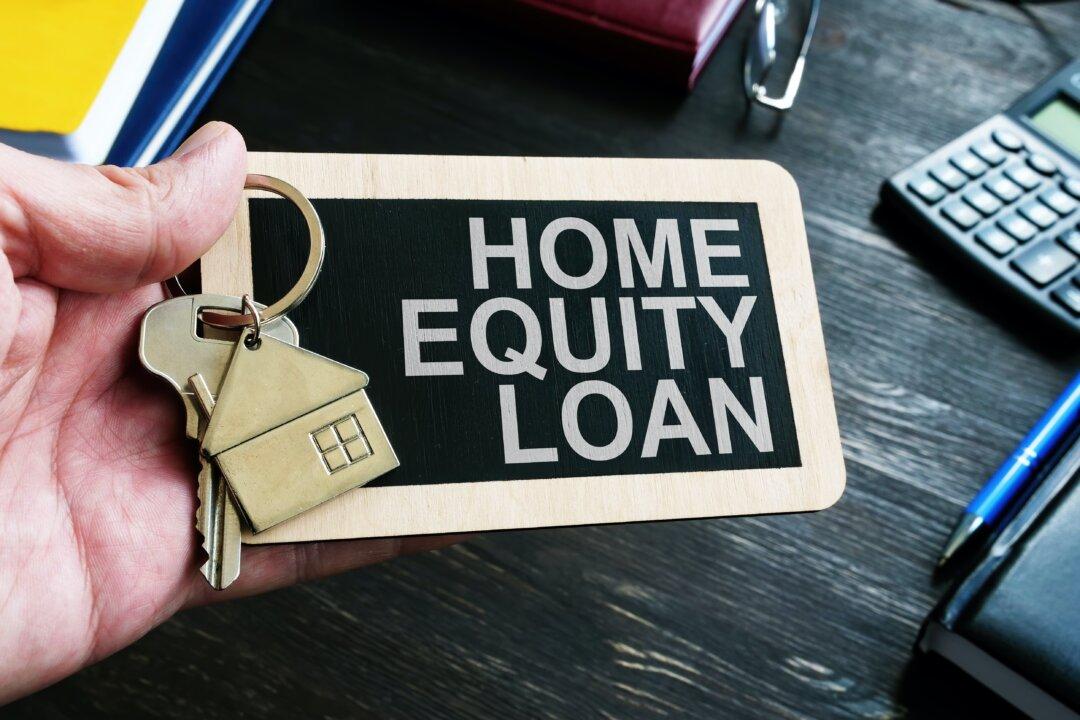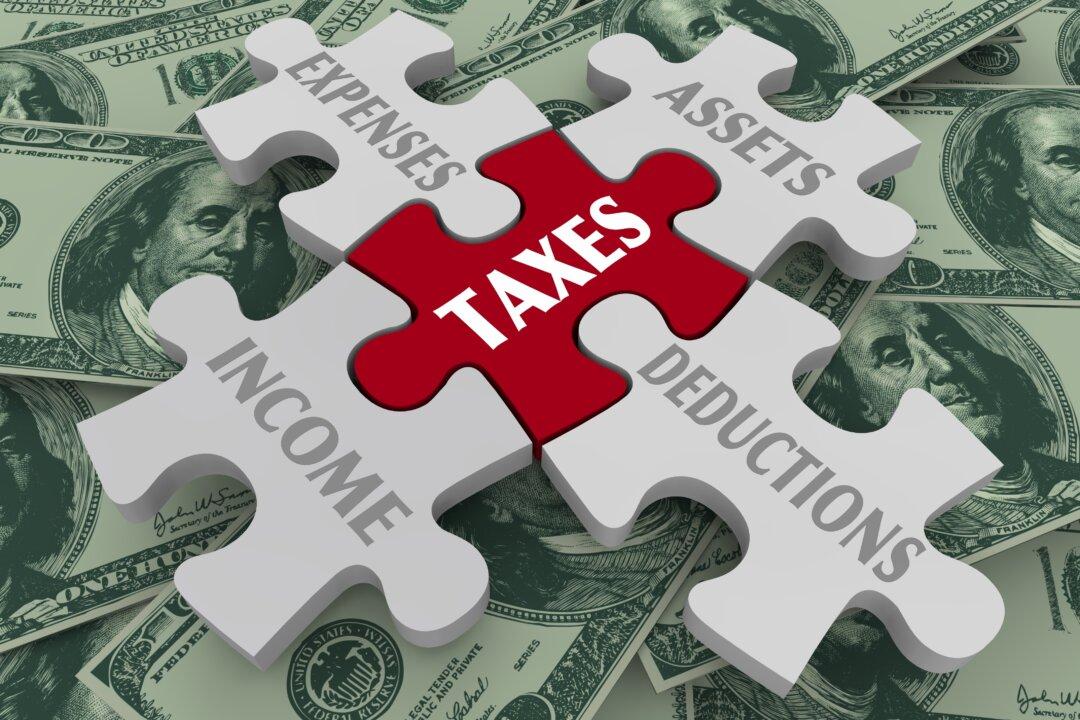You no longer can pay off your credit card balance. Inflation and the holidays are the primary culprits. You didn’t think too much about the credit card interest rate because you were in the habit of paying the entire credit card statement balance on time each month. For the first time, you are seeing what 22.5 percent credit card interest rate means as a line item on your credit card statement. And you’re shocked! What do you do now?
Take control. Whether you choose to leverage your home equity, rent, or explore the various financing options, there are ways to regain control. Evaluate your circumstances, explore these strategies, and take the first step toward your future based on your financial goals and objectives.






